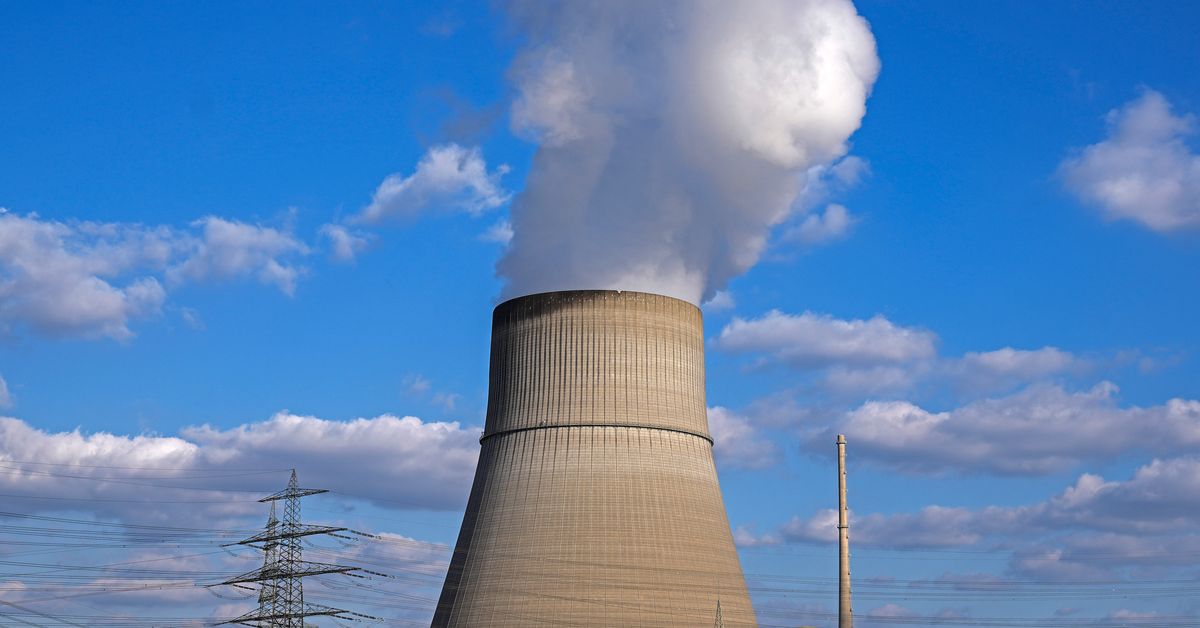Key takeaways:
- The decision to phase out nuclear power began in the Cold War as a fight against atomic weapons.
- Germany has turned to coal, candlelight and chopping wood to survive last winter’s energy crisis, and is investing heavily in renewable energy sources.
- Germany is set to become the first major industrialized nation to completely abandon nuclear energy.
Germany is set to complete its phaseout of nuclear power on Saturday, shutting down its last three reactors. This marks the end of a nuclear era that has spanned more than six decades in the country.
The decision to phase out nuclear power has been a long-standing one, beginning in the Cold War as a fight against atomic weapons and morphing into a referendum on the safety of living with or without fission’s abundant carbon-free energy. Despite last-minute calls to keep the plants online amid an energy crisis, the German government has been steadfast in its decision to turn off the tap on a reliable source of low-carbon energy.
The closures come at a time when drastic cuts to planet-heating pollution are needed. To make up for the loss of nuclear power, Germany has turned to coal, candlelight and chopping wood to survive last winter’s energy crisis. The country is also investing heavily in renewable energy sources such as wind and solar power.
The phaseout of nuclear power in Germany has been a long and contentious process. The country is now set to become the first major industrialized nation to completely abandon nuclear energy, and the decision will have far-reaching implications for the future of energy production in the country.



Be First to Comment